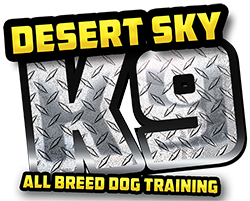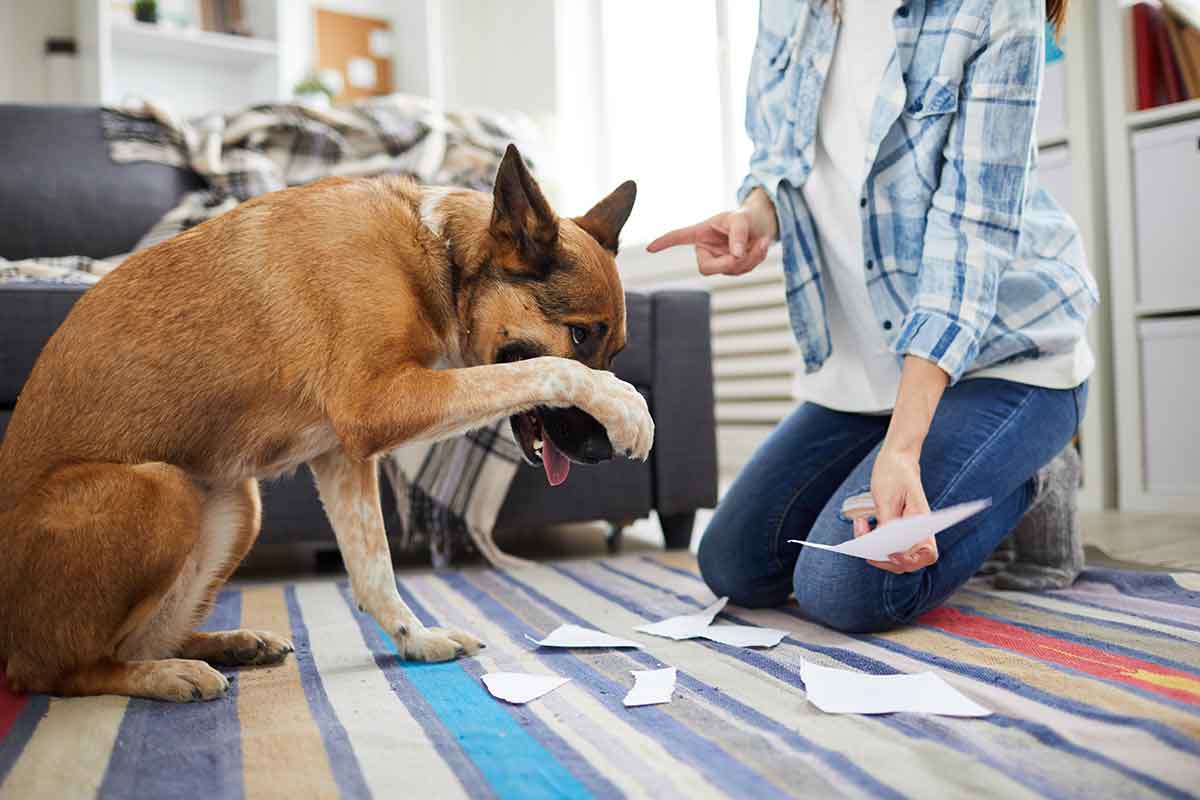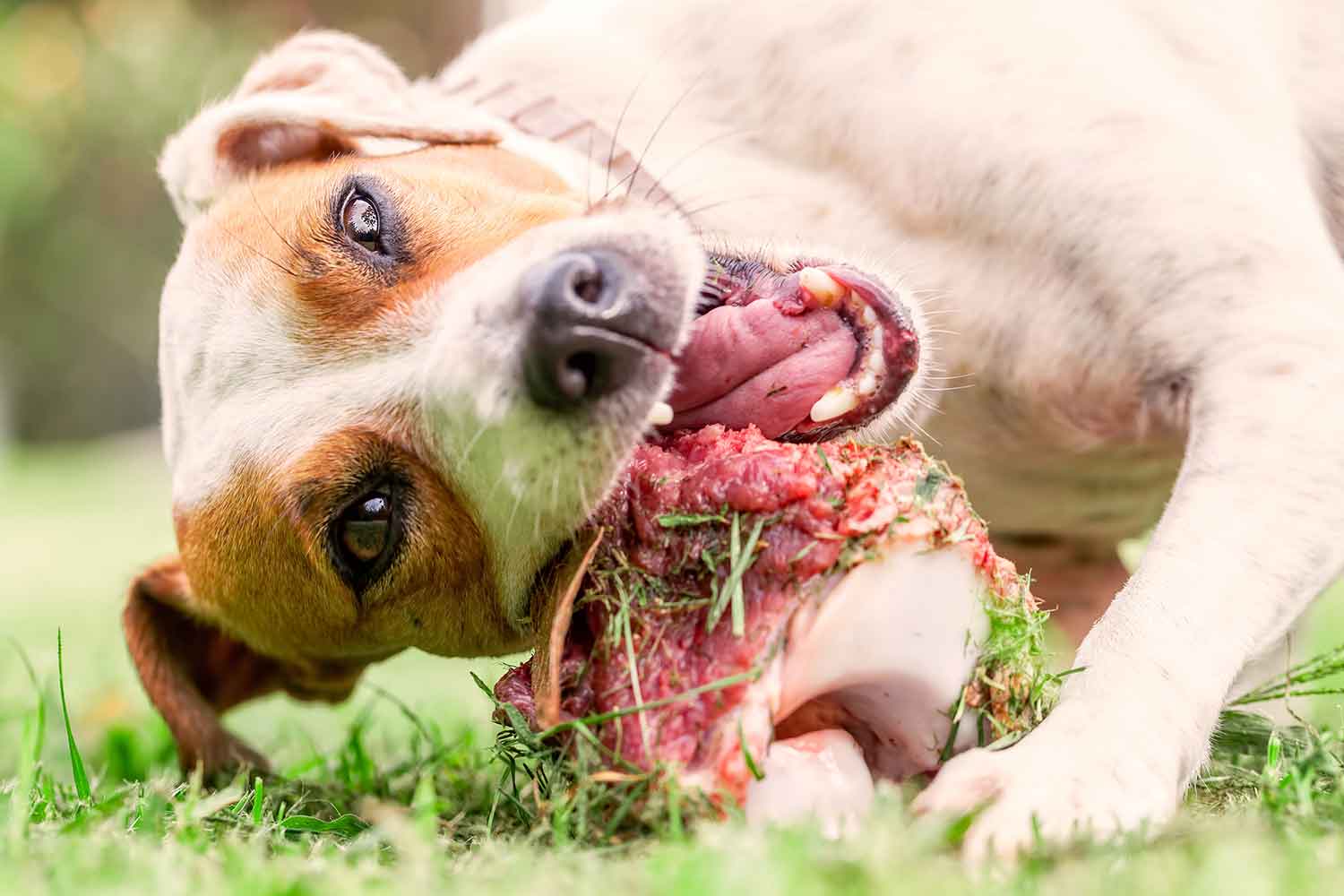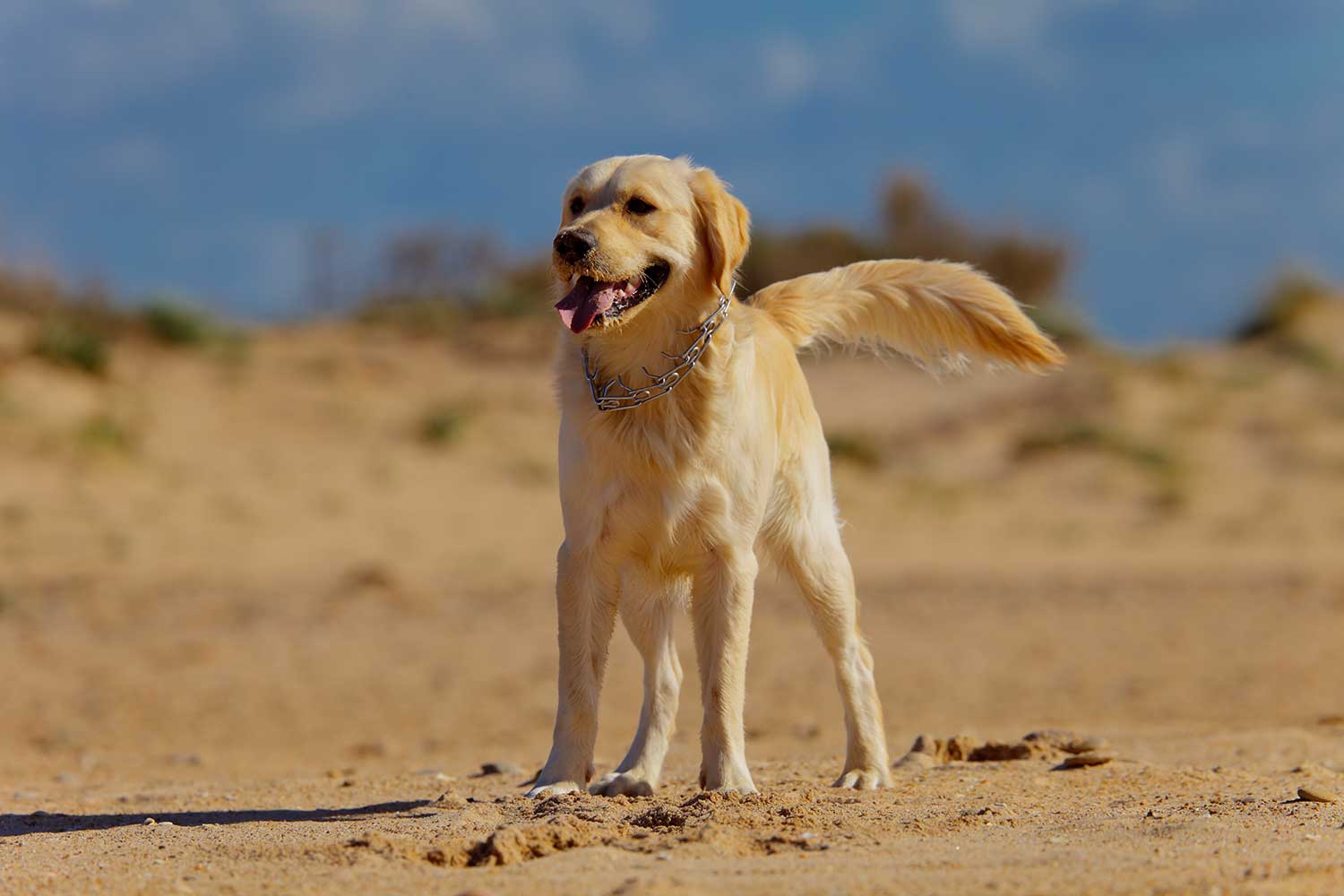Dog Training in Phoenix Arizona: Tips to Make Your Dog a Good Citizen
Phoenix is a great city for dog owners. There are plenty of dog-friendly parks and trails where dogs can run and play, and there are also many businesses that cater to dogs and their owners. For that same reason, if you’re a dog owner living in Phoenix, Arizona, you may know that it can be a challenge to keep your pet well-behaved, despite all your efforts on training. There are plenty of distractions in this city, and it’s easy for dogs to get into trouble. In this article, we will provide some tips on how to make your dog a good citizen!
The Importance of Dog Training
In the excitement of bringing a new dog home, it might not seem all that crucial for new pet owners to train their dogs right away. They may believe that whatever bad behavior their dogs may have, or whatever mischief they get into, they’ll just learn in time.
It happens all too often that pet owners start letting their dogs get away with things – even more so when their dog is just a puppy. This is a big mistake because the longer you take to start dog training, the harder it will be to get results. There are even cases when dog training is not done at all, then both owner and dog suffer the consequences in the long run when the lack of dog training leads to severe behavioral problems.
Needless to say, it’s best to start the dog training process from the moment you bring your dog home so you stop unwanted behaviors in their tracks.
There’s more to it than just potty training
One misconception is that dog and puppy training just consists of potty training, but there’s so much more to it than that. One of the most important things about dog training is that it establishes trust and communication between you and your furry friend. Dogs are incredibly social animals, and in order to have a harmonious relationship with them, they must understand what we expect from them, and vice versa.
Preventing future behavioral issues
Moreover, dog training can help prevent behavioral issues that might arise in the future. For example, if your dog isn’t socialized early on, they might have a harder time adjusting and could act out in aggression or fear towards other dogs, people, or situations.
Also, if your dog pulls on the leash when you take them for a walk, not only is it frustrating for you, but it can also be dangerous for them if they happen to bolt out of open doors or get loose and run into the street. Or if your dog starts whining every time you walk out the door because they suffer from severe separation anxiety, it can be heartbreaking for both of you.
So, as you can see, dog training is important so your dog can not only be more obedient and well-behaved, but it’ll also contribute in great part to their well-being, safety, and happiness.
You will notice that when your dog starts learning basic obedience and basic manners it’ll be easier and safer to take them places and socialize them, and that will make your life and your dog’s life so much better!
It might seem like a lot of work at first, but it’s worth it in the long run.
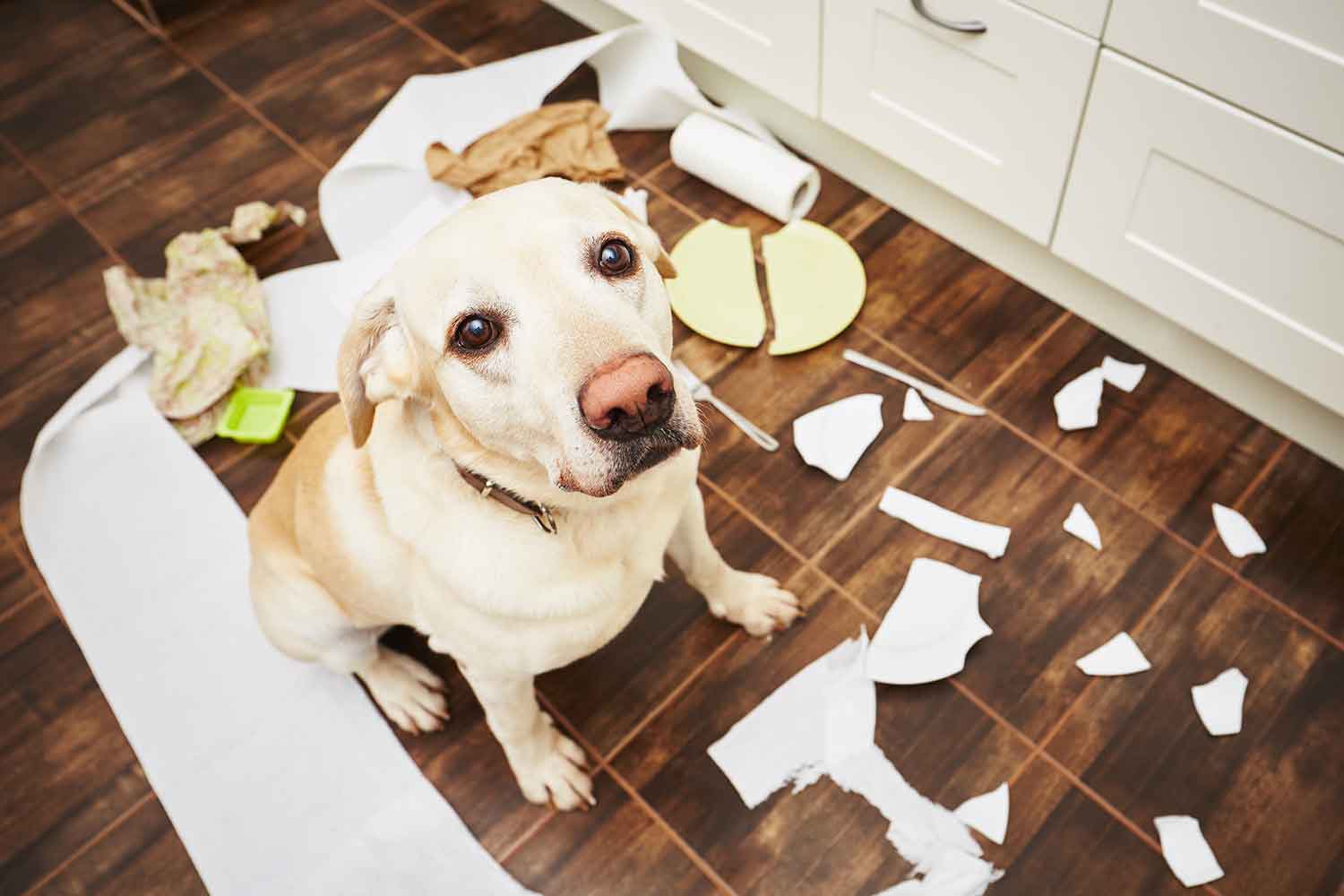
Dog Training Basics
Start training your dog as soon as you bring them home
Dogs of all ages can learn new tricks and behaviors, what’s even more important is to begin dog training as soon as you bring them home, whether it is a puppy or an older dog, to help them adjust to their new life and home and develop good habits right from the start.
It’s important to potty train, but you can also begin teaching them basic obedience commands, such as sit, stay, come, and down.
Puppy Training
Although, training a puppy is generally easier than training an adult dog, it can still be a lot of work.
There are a couple of things you need to keep in mind when training your puppy.
– Choose the right time
You should start training your puppy when they are alert and playful. Avoid times when they are tired or hungry, as they may not be able to focus.
– Keep it short
Puppies have short attention spans, so keep sessions short and sweet. Start with just a few minutes at a time, and gradually increase the duration as your puppy gets older.
Adult dog training
Ideally, you should start the dog training process when they are young, although we know that’s not always possible. When you bring a dog home from a shelter, they may have some bad behaviors already ingrained. This is because most dogs in shelters have had difficult lives, and so they may react negatively to new situations or people.
– Be patient
Training an older dog can be a bit more difficult than training a young dog, but it’s not impossible. You’ll just need to be a bit more patient in your training.
– Provide plenty of exercise and mental stimulation
Older dogs can get bored easily, so you’ll need to find ways to keep their minds active.
– Monitor your dog’s health
Continue with your dog’s regular vet appointments and watch for any changes in their health. As your dog ages, they will be more susceptible to health problems so it’s important to stay on top of their health. Certain things that dogs do may be ascribed to behavioral problems when, in reality, they might be a health concern.
– Give them lots of TLC
Lastly, make sure to give your dog plenty of love and attention. They may not be as active as they used to be, but they still need plenty of love and affection.
If you have an adult dog, or if you didn’t start training them from the moment you brought them home, don’t get discouraged either, it might be a bit harder to change your dog’s unwanted behaviors but it is never too late to get started. Your dog might surprise you and start behaving like a completely different dog with the right training techniques.
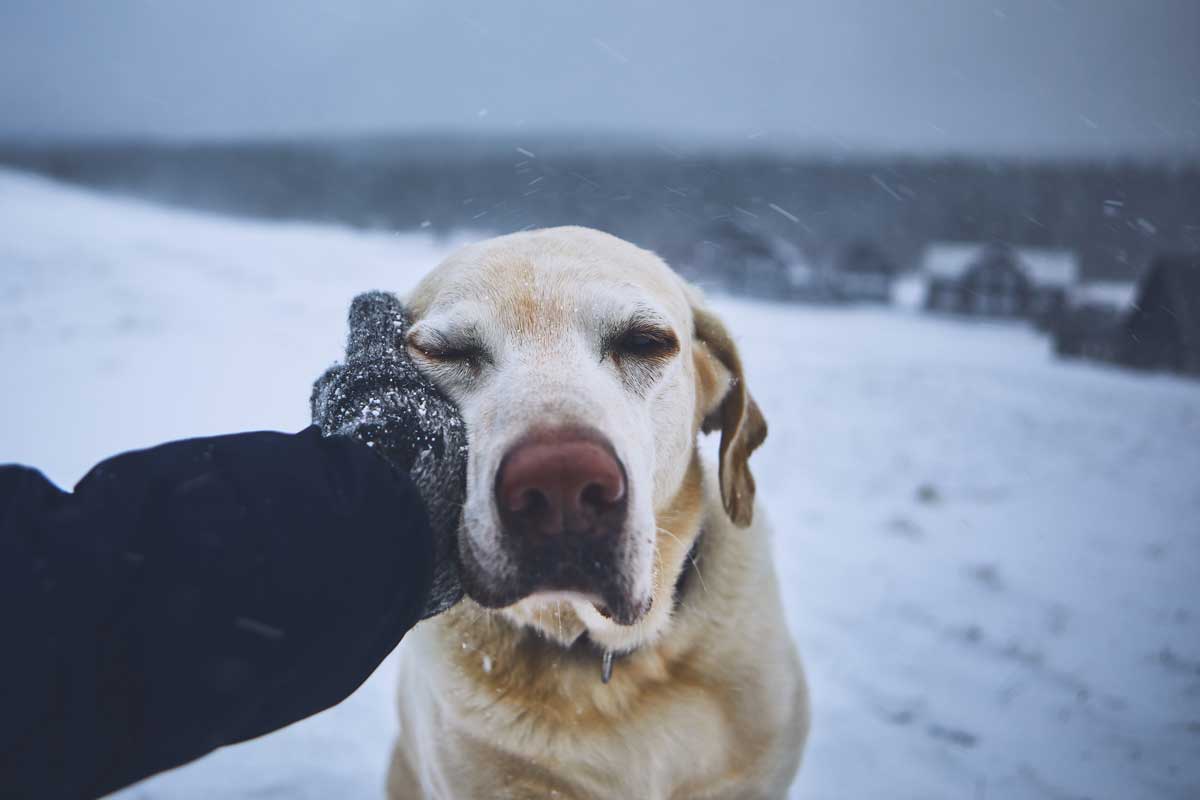
Be Consistent
Dogs thrive on routine. Set a regular schedule for feeding times and walks. A consistent routine will help your dog learn faster.
There are many different dog training methods; it is important to find one that works for you and your dog and to be consistent with it.
Once you chose a method that works for both of you, stick to it, don’t just train your dog for a few days and then slack some others. Make sure you set aside time each day for dog training.
Also, be consistent with commands and rewards. You will find that dog training is much easier if you do this, your dog will be more likely to respond positively to commands.
If you constantly change your dog training approach, your dog may become confused and may not respond to commands as well as you would like. In addition, your dog may begin to associate certain behaviors with rewards or punishment, which can lead to unwanted behavior.
So, always remember, consistency is key when it comes to dog training.
Use Positive Reinforcement
One of the most important things to remember when training your dog is to use positive reinforcement techniques such as treats and praise. This means rewarding them for good behavior, instead of punishing them for bad behavior.
We are big advocates for this kind of dog training approach as opposed to using methods that we find cruel and unnecessary like shock collars.
Dogs respond much better to rewards and praise than punishment, and it helps them learn faster.
Find a Balance
Having said that, don’t overdo it with the treats, your dog may become overweight or develop other health problems. It is important to be careful and only give your dog as many treats as they need to learn the behavior you are trying to teach them. Find the right balance.
Praising your dog with too many treats or not enough can also make them less likely to obey you in the future either because they will expect to be rewarded every time they do as you say or because they aren’t getting anything in return when they do. Find a happy middle ground that works for both you and your dog, and stick to it.
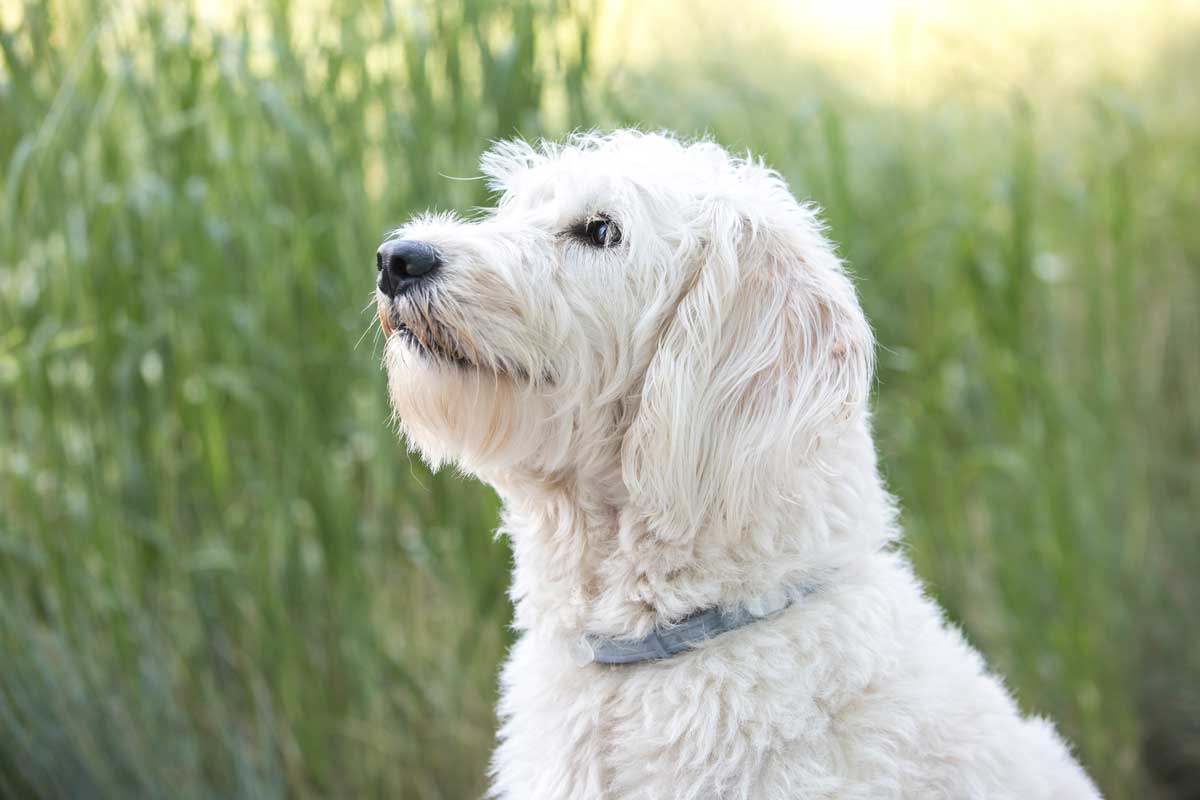
Don’t Punish Your Dog for Accidents
Continuing with the subject of a positive approach, do not punish your dog for accidents, instead, correct the behavior and provide a safe place for them to relieve themselves.
It’s not fair to punish your dog for accidents if they are not getting enough time outside. Dogs need to be taken out frequently, at least every four hours, and allowed to relieve themselves. A good rule of thumb is to take them out after every meal or drink. If you work long hours, hire a dog walker or send them to doggy daycare.
Give Your Dog Plenty of Exercise and Playtime
Dogs need plenty of exercise and playtime to be healthy, happy, and well-behaved. A tired dog due to exercise and play is a good dog, and you’ll both benefit from it. Dogs who don’t get enough exercise can become restless and destructive, while those who do get enough exercise are calmer and better-behaved.
So how much exercise does your dog need? It depends on his age, breed, and energy level. A good rule of thumb is to provide at least 30 minutes to an hour of exercise per day, preferably more. There are some dogs that may need more than that. If you’re not sure how much exercise your dog needs, talk to your veterinarian and a professional dog trainer.
Playtime is equally important for dogs. It helps them burn off energy and keeps them mentally stimulated. Games such as fetch, tug-of-war, and hide-and-seek are great for dogs of all ages.
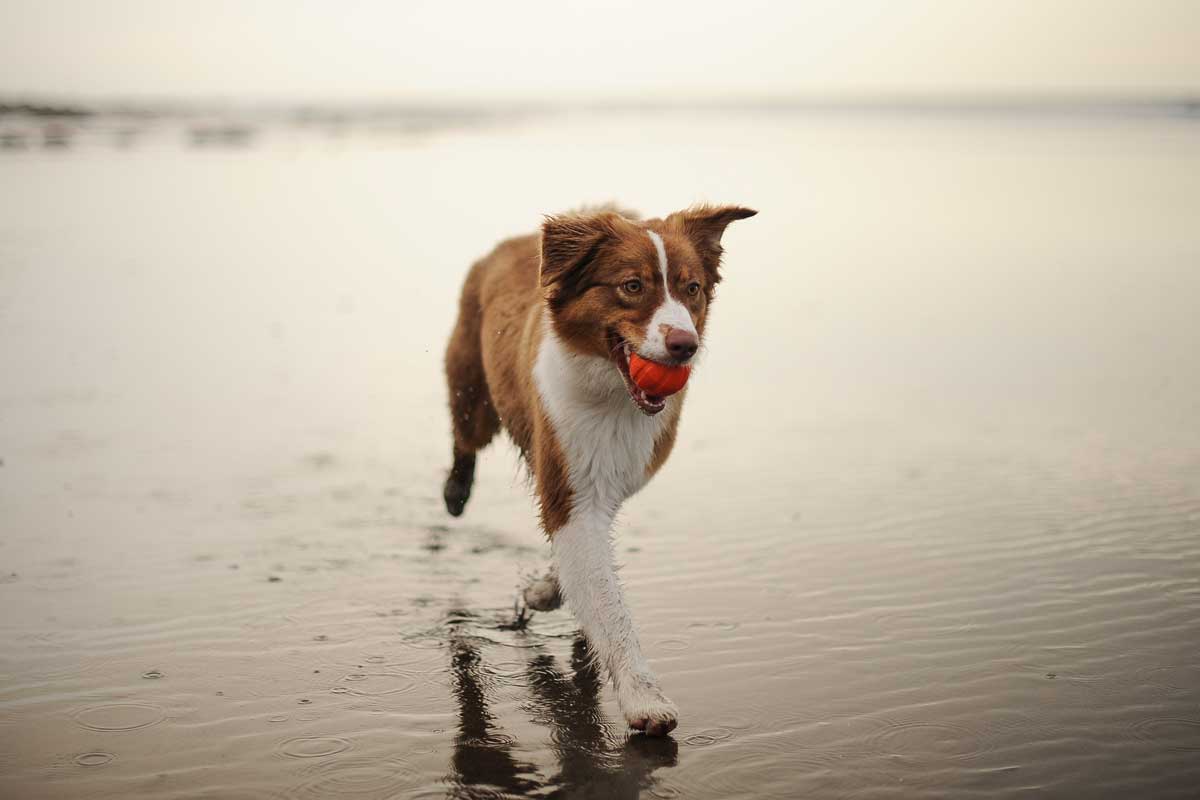
Socialize Your Dog
One of the most important things you can do for your new dog or puppy is to socialize them early on.
This means exposing them to as many different people, animals, and situations as possible in a positive way so they learn that there’s nothing to be afraid of.
The more your dog is around different types of people and other dogs, the better he will be at socializing. If you live in an apartment or don’t have many opportunities to take your dog around other people and animals, consider signing up for a dog training class. A dog training class is a great way to socialize your dog while also teaching him obedience commands.
Dog training will help teach your dog how to behave around people, which is important because dogs love to be social and it might get awkward if you don’t train them properly. If dogs aren’t used to being around other people, they might start to act out or become agitated.
Who hasn’t gone through or witnessed an awkward moment with a guest and an untrained dog when the dog starts to bark, and jump (and maybe even slobber) all over them?
This can be a huge headache for you and your guests. Not only is it embarrassing for you, but it’s also not fair to the dog because they might get pushed away or yelled at, and they’re just trying to express themselves and don’t know any better.
If you don’t want to let that happen to you, your dog, and your guest, consider signing your dog up for group classes.
Get Help from a Professional Dog Trainer if Needed
If you’re struggling with training, or if you’ve hit a plateau, consider seeking out the help of a professional trainer. A good trainer can teach you how to troubleshoot common problems, give you some new ideas to try, and help motivate you to keep working. Training is an investment in your relationship with your dog, so don’t be afraid to ask for help when you need it.
So, if you feel like you need help from a professional dog trainer, don’t be afraid to look for one. A good dog trainer can help teach your dog the basics of obedience and can also help with any behavioral issues that may be present.
There are many different types of dog trainers, so it’s important to choose wisely. Some dog training companies and their trainers use harsh methods, such as hitting or yelling at dogs, to tot them to obey. Other dog trainers, and training companies like ours, believe that a positive approach, such as treats and praise, is the best way to train a dog.
This is why, when looking for a dog trainer or a dog whisperer, it is important to consider their qualifications and experience, as well as the techniques they use to train dogs, so you can find one that uses methods that you are comfortable with before making a commitment.
When it comes to training dogs with behavioral issues, a good dog trainer will be able to help you identify the root of the problem and come up with a training plan to address it. This may include obedience training, behavior modification, or both.
Dog Training Classes
Private dog training lessons
Private dog training lessons can be really beneficial for your pup. Dog trainers can help you with specific obedience issues, potty training, and much more. They can also give you helpful tips and advice on how to handle your pup’s behavior. If you’re looking for a more individualized approach to training, private lessons may be the way to go.
Within your private dog training sessions ask about how they can help you socialize your during training classes. A small portion of the training time can be can be a great way to socialize your pup so they are becoming comfortable around other dogs. Plus, with your trainer present for socialization both your pup and you can still get some helpful tips and advice during the process.
Don’t Give Up
Training takes time and patience, so don’t get discouraged if things don’t seem to be progressing as quickly as you’d like. With a little effort and consistency, you and your dog can learn to communicate and work together better than you ever thought possible.
With a little time, patience, and effort, you can train your dog to be a well-behaved member of the family. Don’t give up – keep working at it and you’ll see results. And if you ever get stuck, don’t hesitate to reach out for help. We will always be here for you if you need us.
Dog training is important not only for the safety of your dog and others but also for the bond between you and your dog. A well-trained dog is a happy dog, and a happy dog makes for a happy owner, so it is worth the time and effort.

